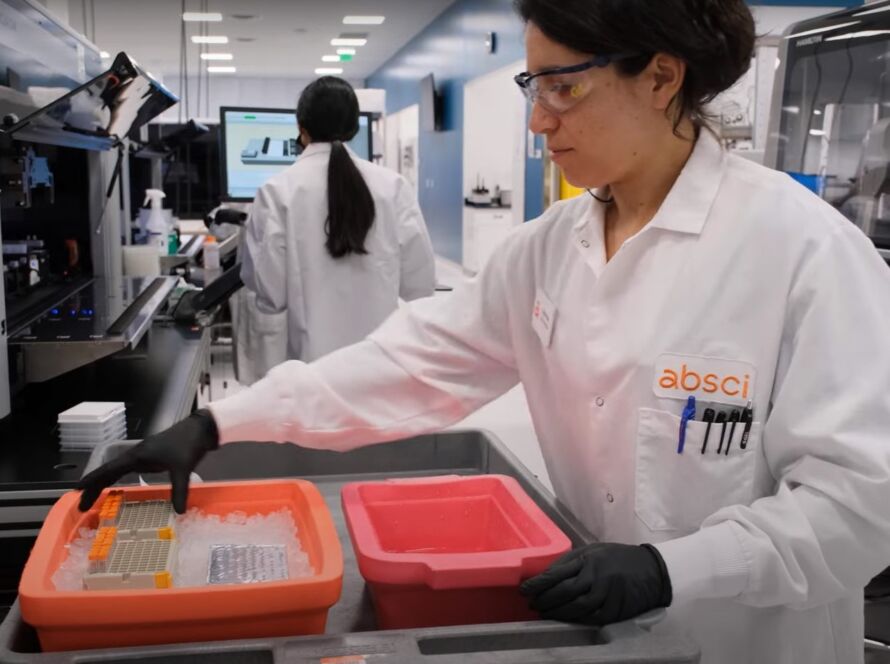In an era of advanced technology and increasing reliance on artificial intelligence (AI), the pharmaceutical industry is embracing AI to drive trust and integrity in compliance with the Association of the British Pharmaceutical Industry (ABPI) Code of Practice. With the ability to analyze vast amounts of data and identify patterns, AI is revolutionizing the way companies ensure adherence to ethical standards. This article explores how AI is enhancing compliance with the ABPI Code, leading to a more trustworthy and transparent pharmaceutical industry.
===Trustworthy Compliance: AI-Enhanced ABPI Code of Practice
The ABPI Code of Practice is the cornerstone of ethical behavior within the pharmaceutical industry, ensuring that companies operate with integrity and transparency. However, traditional methods of compliance monitoring have their limitations, often relying on manual processes that are time-consuming and prone to human error. This is where AI comes in, revolutionizing compliance monitoring by automating the process. AI technologies can analyze vast amounts of data, identify patterns, and flag potential breaches of the ABPI Code, allowing companies to take prompt action and maintain a high level of compliance.
By incorporating AI into compliance monitoring, companies can significantly reduce the risk of non-compliance with the ABPI Code. Machine learning algorithms can be trained to identify patterns of behavior that indicate a potential breach, such as off-label marketing or improper interactions with healthcare professionals. This proactive approach enables companies to address issues before they escalate, ensuring that ethical standards are upheld and patient trust is maintained. Furthermore, the transparency of AI systems allows for a clear audit trail, providing a solid foundation for demonstrating compliance to regulators and stakeholders.
===Driving Ethical Standards: Empowering with AI
AI not only enhances compliance monitoring but also drives ethical standards within the pharmaceutical industry. By leveraging AI technologies, companies can implement robust systems that promote adherence to the ABPI Code of Practice. AI can be used to automatically analyze marketing materials, ensuring they comply with regulations and accurately represent the benefits and risks of pharmaceutical products. This empowers companies to deliver accurate information to healthcare professionals and patients while minimizing the risk of misleading or false claims.
Moreover, AI can assist in training and education programs to enhance employee understanding of the ABPI Code. By analyzing training materials and identifying knowledge gaps, AI can personalize the learning experience, ensuring employees receive targeted training to improve compliance awareness. This proactive approach not only fosters a culture of compliance but also empowers employees to make ethical decisions in their day-to-day activities. With AI as a tool, the pharmaceutical industry can drive ethical standards and build a reputation of trust and integrity.
Artificial intelligence is revolutionizing compliance monitoring within the pharmaceutical industry, strengthening adherence to the ABPI Code of Practice. By automating the process, AI ensures a more trustworthy and transparent compliance regime. With the ability to analyze large volumes of data, identify patterns, and flag potential breaches, AI empowers companies to proactively address compliance issues and maintain ethical standards. Furthermore, AI enhances training programs and marketing material analysis, promoting adherence to the ABPI Code and driving ethical behavior. The integration of AI into compliance processes is not only essential for maintaining regulatory compliance but also for building trust with patients, healthcare professionals, and stakeholders.


